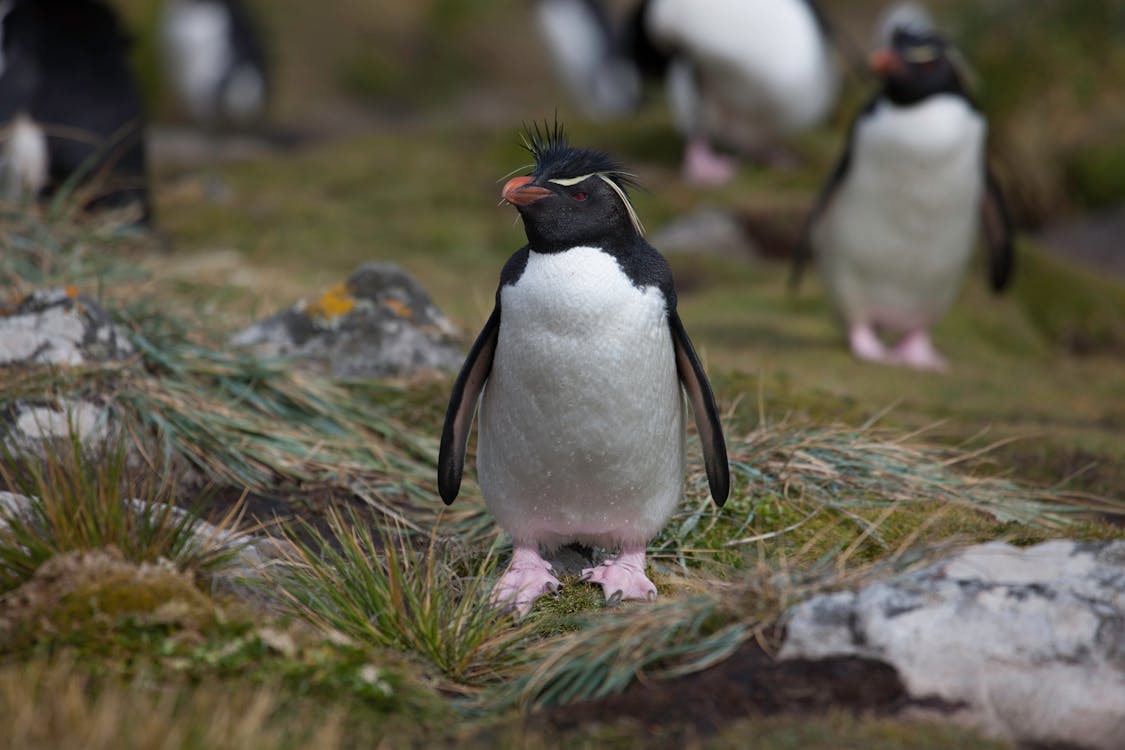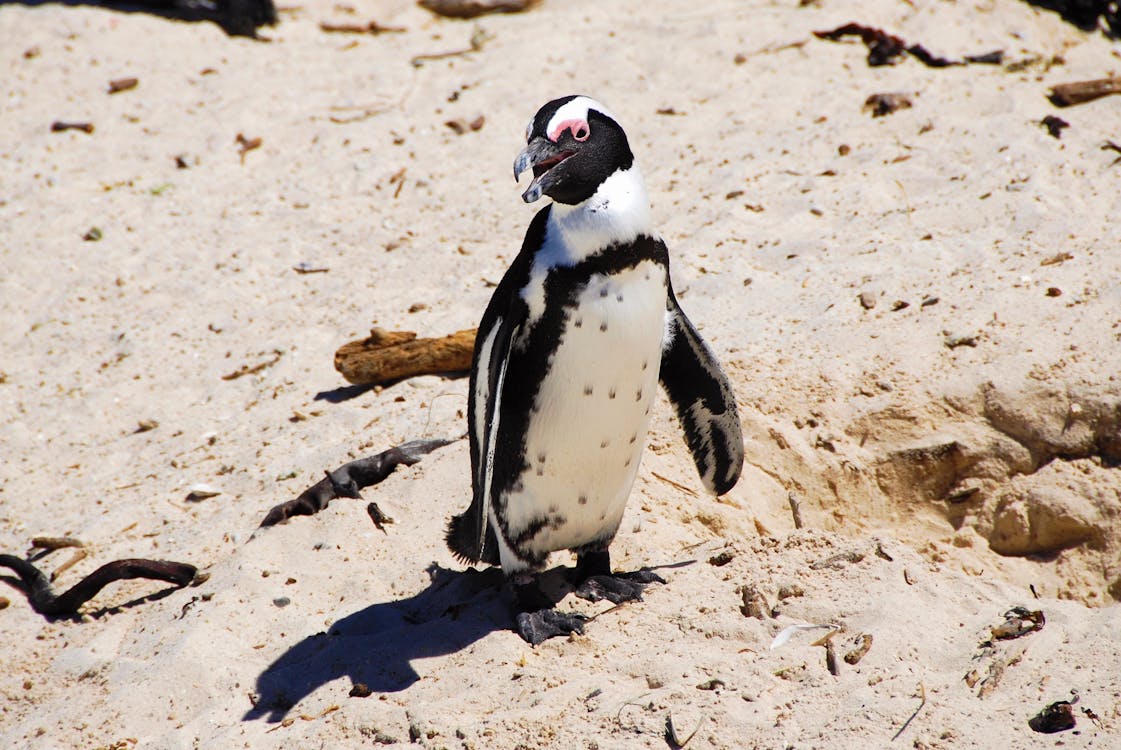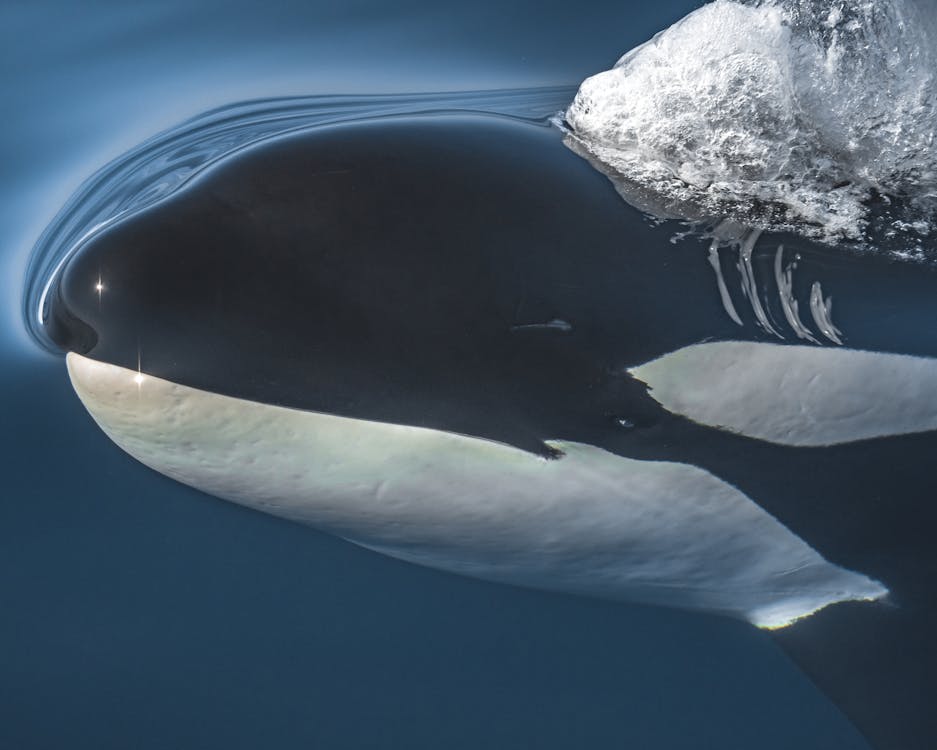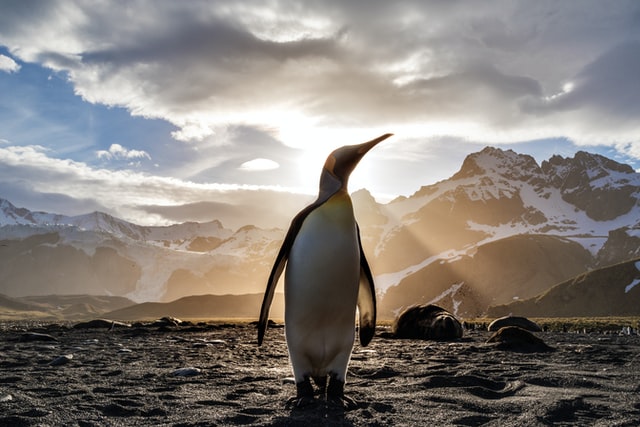It’s not every day that you come across something so unusual that it makes you do a double-take. The awkward waddle, the tuxedo-like attire, and the black-and-white coloration are all striking features that make penguins stand out as one of the most endearing animals on Earth. But did you know that there are other interesting facts about these birds? Check out this list of 10 more surprising facts about penguins!
1) Adélie penguins can live longer than we thought
Contents

A recent study found that Adélie penguins can live as long as 35 years—that’s 20% longer than previous studies had indicated. What does it mean for our favorite little birds? Not much! The truth is, even with these new findings, Adélie penguins are still in trouble. There were more than five million of them when scientists first began studying them in 1902, but now there are only a few hundred thousand left.
2) King penguin poop contains a potentially deadly bacteria
Although penguin poop looks absolutely delightful, it’s actually quite dangerous. The faeces of a king penguin contains a strain of bacteria called pseudomonas, which can be deadly to humans. This is why handlers at aquariums and zoos are forbidden from touching penguin excrement. Instead, special gloves must be worn by workers who handle their waste.

Adélie and king penguins share a common ancestor that separated from other Spheniscidae around 42 million years ago. Adélies live at higher latitudes, while king penguins inhabit lower latitudes in temperate zones of both hemispheres.
4) Antarctic petrels know how many eggs they have by counting their steps
An Antarctic petrel knows exactly how many eggs it has on its nest by counting its own steps when it leaves to go and forage. The birds can tell whether they have one, two or three eggs because each egg gets smaller as it is laid. When a new egg is laid, an Antarctic petrel will walk that many more steps away from its nest in order to trick any potential predators into thinking there are now more chicks present than before.
5) Emperor penguin chicks are the only babies in the world who go to school

For their first few months, emperor penguin chicks are raised by a class of female students—the same females who hatched in previous years—while they learn how to be a proper emperor penguin. They have regular lessons on things like what to eat and where to go if they get lost or separated from their group. The class also helps them stay warm when needed.
6) Penguins can die from laughter or stress – laughing too hard can kill them!
Penguins often let out a hearty chuckle when they’re tickled, but they take it too far sometimes! The sound of their own laughter is known to stress them out so much that they start to hyperventilate and can die from laughing. So next time you see a penguin have some fun, remember: do not tickle them!
7) A killer whale killed an emperor penguin by dragging it under water

Scientists studying a colony of emperors in Antarctica observed a killer whale drown and devour an adult penguin. It’s not clear why, but it could have been to get rid of competition for food. They’re smart like that.
8) The biggest threat to Emperor Penguin chicks is sea lions
In late summer and fall, penguin chicks make their way to shore, where they molt their feather and prepare for flight. Unfortunately, these chicks aren’t alone. Sea lions often use penguin colonies as a feeding ground—and young penguins are an easy meal! Because of sea lion attacks, only two out of every ten Emperor Penguin chicks born make it through to adulthood.
9) Colonies of King Penguins on South Georgia Island have been declining dramatically since 1982

Did you know that South Georgia Island is home to over a million penguins? Although penguin populations have been steadily growing in many other parts of Antarctica, King Penguin populations on South Georgia Island have been rapidly declining. What’s causing their decline? No one is quite sure, but scientists suspect an increase in invasive species like rats and mice might be a factor.
10) It’s possible that overfishing may have contributed to the decline of these colonies
Penguins, like any other animal that depends on fish for food, need a steady supply of their favorite meals to survive. But thanks to overfishing and habitat destruction, many penguin colonies aren’t getting enough food. If scientists can’t reverse these trends, we may soon say goodbye to these extraordinary birds.



GIPHY App Key not set. Please check settings